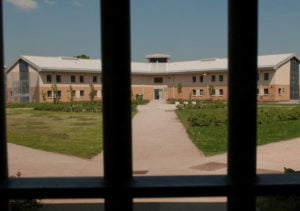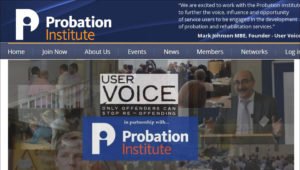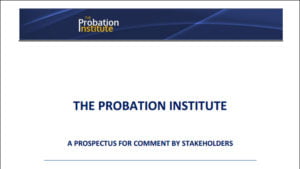Transitions to civilian life
New (12 July 2022) research jointly produced by the Probation Institute and Liverpool John Moores University, funded by the Forces in Mind Trust, examines the histories of ex-armed services personnel who have committed offences of serious harm to others. The research set out to develop knowledge and understanding that can help to prevent further offences of serious harm. It looks at the life histories of 14 individuals who have committed offences of serious harm.
Context
An estimated 15,000 people leave the UK armed forces every year. While most successfully transition into civilian life, a small number become involved in the justice sector. Between 2012 and 2019, the prison inspectorate collected 190 reports indicating that 6% of the male prison population were ex-military. We know that veterans in the justice sector are affected by a number of factors including trauma experienced in childhood, difficulties encountered during their military service and challenges on discharge. Sessions are NOT more likely to commit a crime than civilians, but they ARE more likely to commit violent crime or sexual crime.
Much of the research focuses on the lifelong impact of Adverse Childhood Experiences. Analysis demonstrated that people who experience adversity in childhood and adolescence are motivated to enlist in the armed forces by eight main factors highlighted by the acronym BACK-SAFE:
Brotherhood
Acceptance
Camaraderie
Kinship
Status
Accommodation
Family Unit
Economic Security
Findings
Several interviewees characterised the military culture as a potentially unhealthy environment for sexual development, in which pornography and prostitution were prominent themes. There were discussions about an overtly masculinized culture associated with alcohol violence and sex. Dishonourable discharge from the armed forces was seen as a critical moment. Researchers recommended that the armed forces Tri-Service Resettlement Provision develop a set of staggered and tailored resettlement pathways which are specific to dishonourably discharged personnel.
Recommendations
The researchers developed a series of “through-life” recommendations for policy and practice which emphasise a preventative approach. The main focus areas of these recommendations are:
- Knowledge of the potential impact of adversity in early life should inform all interactions with children
- The impact of adversity in childhood and trauma across the life course should be recognised throughout individuals’ military careers.
- A veteran-aware justice sector is essential.
The researchers express the hope that the Government will honour its commitment to incorporate the findings of the research into its Veteran’s Strategy Action Plan.
They also call for statutory bodies within the justice sector to develop partnerships with charities which support armed forces personnel in order to develop programmes of intervention which include awareness raising and education activities, as well as accredited training to ensure that third sector agencies have confidence in the support they can provide to this client group.








